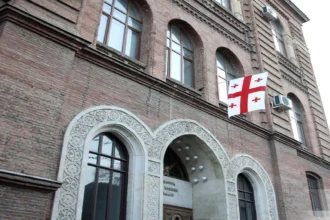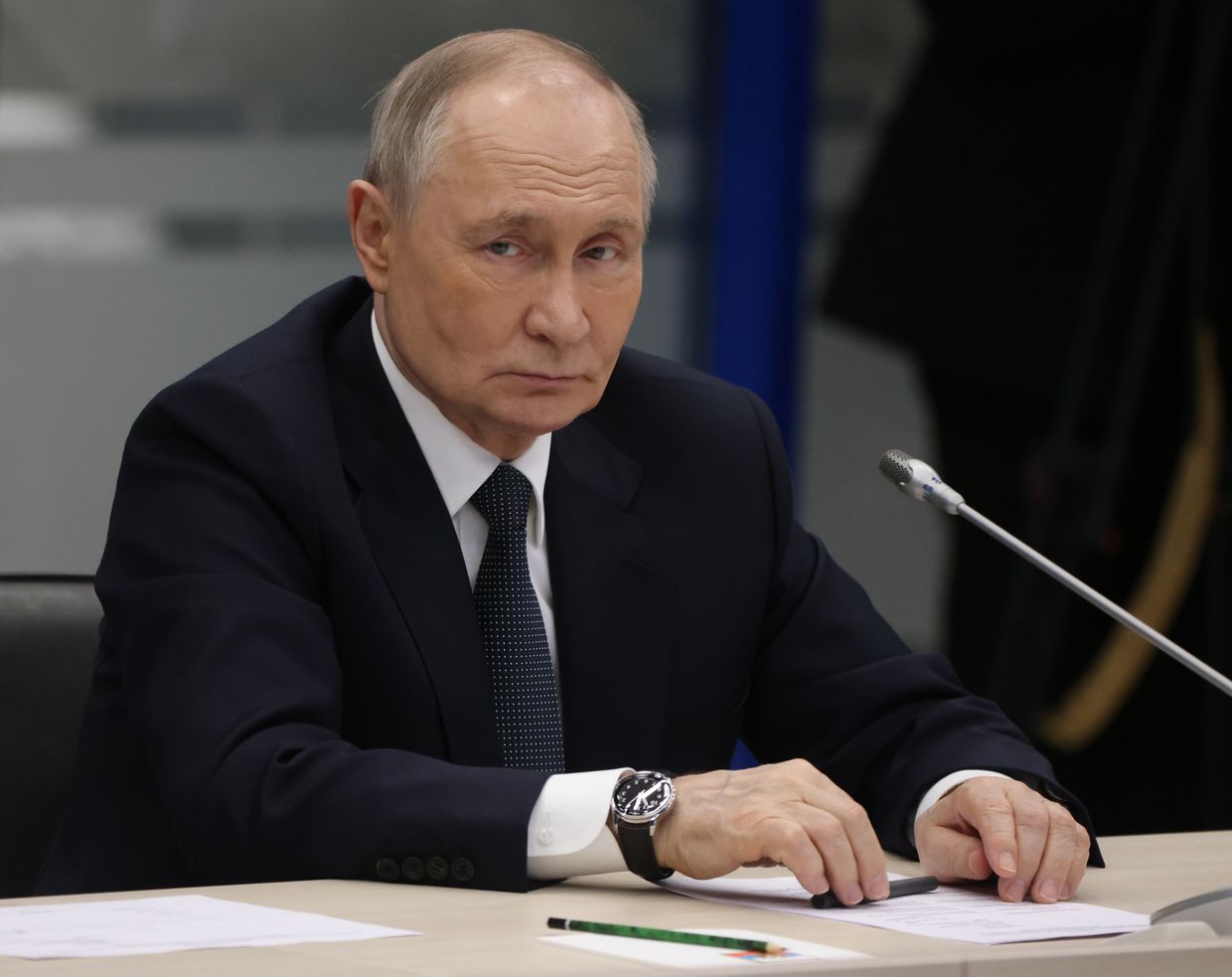The article discusses the shift in European security dynamics, with a focus on the Baltic countries (Estonia, Latvia, and Lithuania) and their relationship with Western Europe. Here are some key points:
1. **Military aid**: The EU’s planned 40 billion euro ($43 billion) military aid package for Ukraine was blocked by France, among others.
2. **Defense spending**: Estonia leads the scoreboard in defense spending as a percentage of GDP (2.2%), followed by Lithuania and Latvia (1.8% and 1.5%, respectively). In contrast, France committed only 0.18% of its GDP to Ukraine under bilateral aid and 0.34% under EU auspices.
3. **Security cooperation**: The Baltic countries have strengthened security cooperation within regional formats, such as the UK-led Joint Expeditionary Force (JEF), but emphasize that these efforts should not duplicate or compete with NATO.
4. **Western European leadership**: The exclusion of Lithuania, Latvia, and Estonia from a recent meeting on security guarantees for Ukraine, hosted by UK Prime Minister Rishi Sunak, raised concerns about Western European leadership and a tendency to sidestep those on the eastern flank.
5. **Resource disparity**: The article highlights the resource disparity between the Baltics and some Western nations in terms of defense spending and aid to Ukraine.
6. **Poland’s emergence**: Poland has become a new heavyweight on the European security scene, with massive military purchases and plans to spend 4.7% of GDP on defense this year.
7. **Inclusive approach**: The article suggests that efforts are being made to integrate Eastern European perspectives into broader defense strategies, but notes that a major restructuring of Europe’s security order may be inevitable.
Overall, the article argues that the shift in European security dynamics means that Western Europe can no longer afford to sidestep the Baltic countries and other Eastern European nations on defense matters.











